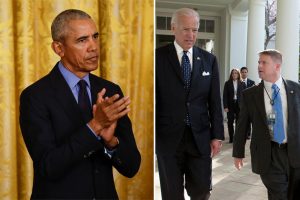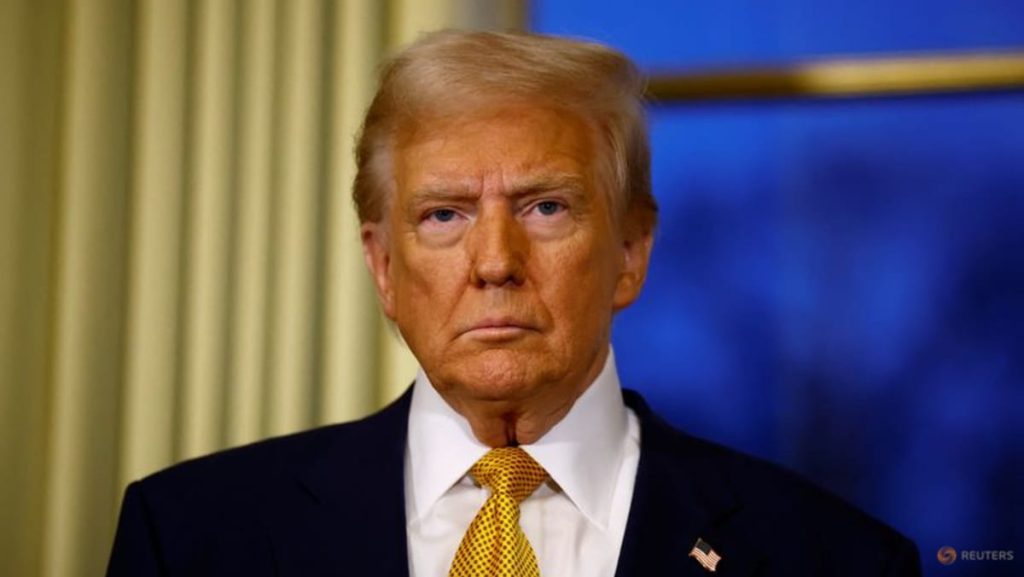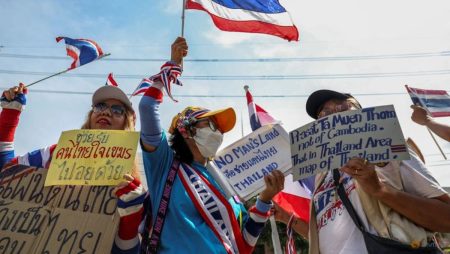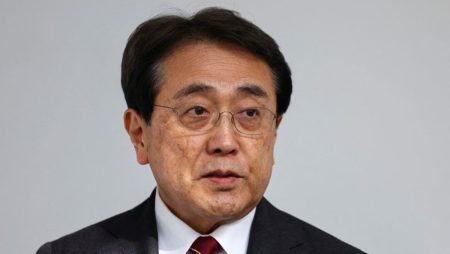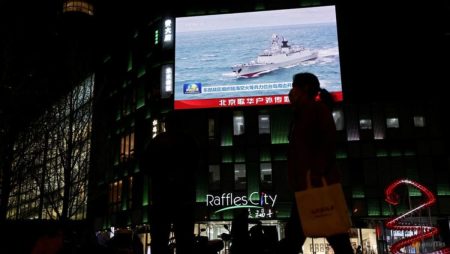The Pacific Island nations find themselves at the epicenter of a burgeoning strategic rivalry between the United States and China. This competition, while bringing promises of infrastructure development and financial aid, also carries the risk of escalating tensions and forcing these island nations to choose sides. The recent defense deal between the US and Papua New Guinea (PNG) exemplifies this dynamic. In exchange for granting the US military access to crucial ports and airfields, PNG is set to receive a substantial investment of US$3.5 billion, earmarked for infrastructure improvements, equipment upgrades, and training programs. This influx of resources offers a significant opportunity for PNG’s development but also underscores the intensifying competition for influence in the region.
The concern voiced by Pacific Island leaders is the potential for being caught in the crossfire of this great power competition. They are keen to maintain beneficial relationships with both the US and China, leveraging the unique advantages each offers. PNG’s Foreign Minister, Justin Tkatchenko, has explicitly stated the nation’s intention to continue trade relations with China despite the growing military partnership with the US. This reflects a broader sentiment across the Pacific Islands: a desire to avoid being pressured into aligning exclusively with one side or the other. The fear is that the escalating rivalry could force these nations to make difficult choices, potentially jeopardizing their economic and political stability.
The strategic importance of the Pacific Islands lies in their geographical location, offering crucial access and control over vast swathes of the ocean. The US has long-standing defense ties with northern Pacific Island nations, particularly those near its military base in Guam. However, China’s recent forays into the South Pacific, marked by infrastructure projects, financial aid, and diplomatic engagements, have prompted the US to re-evaluate its engagement in the region. The Biden administration has actively sought to counter China’s growing influence by opening new embassies, increasing Coast Guard patrols, and expanding aid programs. The US views the Pacific Islands as a critical arena in its strategic competition with China, aiming to maintain its presence and prevent Beijing from establishing a military foothold.
The signing of the defense agreement with PNG, the most populous Pacific Island nation, is a direct response to a similar security pact inked between China and the Solomon Islands. This tit-for-tat dynamic highlights the escalating tension and the potential for a security dilemma in the region. The US perceives China’s growing influence as a threat to its strategic interests, while China views the increased US military presence as a provocation. This escalating competition, if left unchecked, could lead to a further militarization of the region, increasing the risk of miscalculation and conflict.
The Pacific Island nations are caught in a delicate balancing act, navigating the competing interests of the US and China. While they welcome the economic opportunities and development assistance offered by both powers, they are wary of being drawn into a confrontation that could undermine their sovereignty and stability. The challenge for these island nations is to maintain their agency and pursue their own development priorities while avoiding becoming pawns in a larger geopolitical game. The future of the Pacific Islands hinges on their ability to skillfully manage these complex relationships and ensure that the competition between the US and China remains constructive rather than destructive.
The future trajectory of US-China relations in the Pacific will heavily depend on the policies of the incoming Trump administration. The Biden administration’s efforts to strengthen ties with the Pacific Islands, including increased aid, diplomatic engagement, and military agreements, reflect a recognition of the region’s strategic importance. However, the continuity of this approach under a new administration remains uncertain. The Pacific Island nations hope for continued US engagement but are also apprehensive about the potential for increased competition spilling over into confrontation. The challenge for the next US administration will be to balance its strategic interests with the needs and aspirations of the Pacific Island nations, fostering a stable and prosperous region that benefits all parties involved. The key lies in promoting cooperation and avoiding actions that could exacerbate tensions and force the Pacific Islands into choosing sides.
